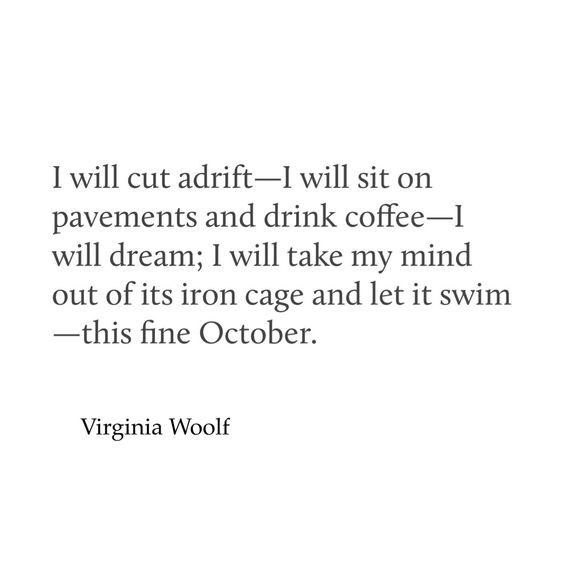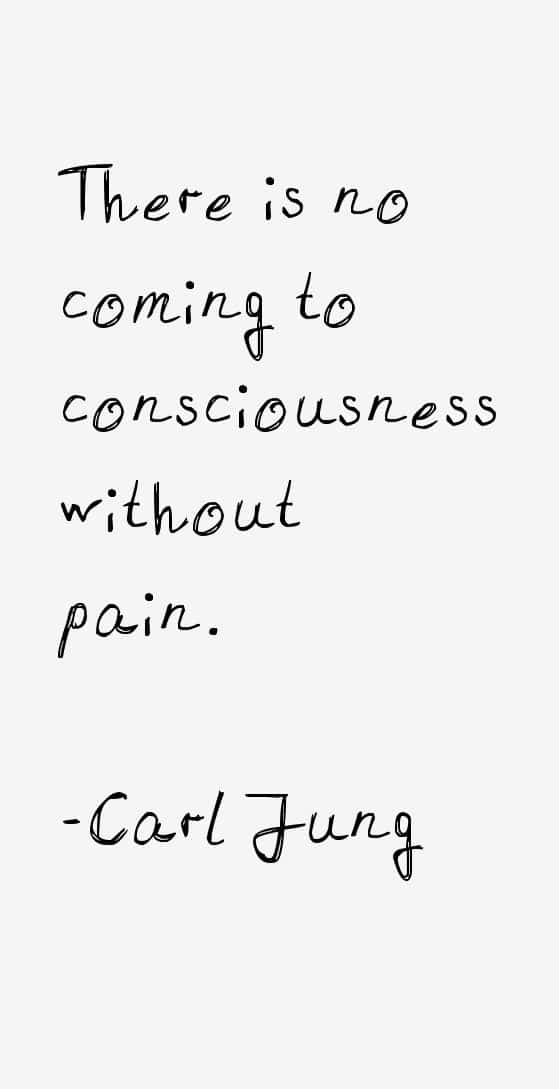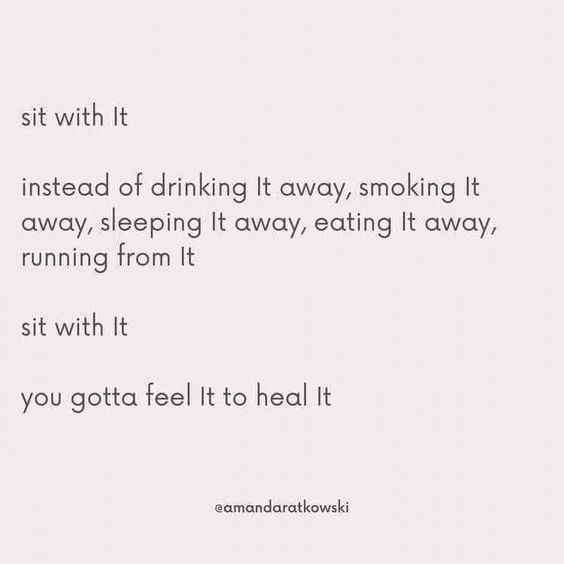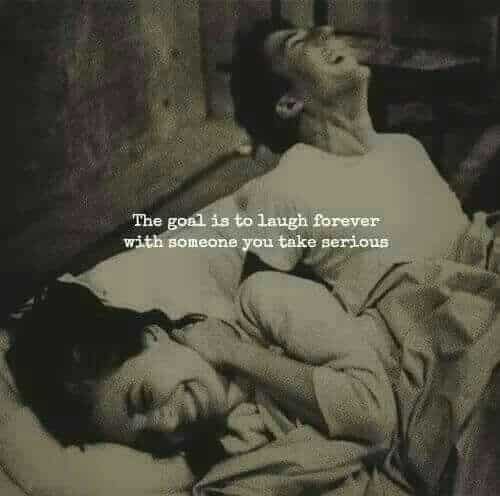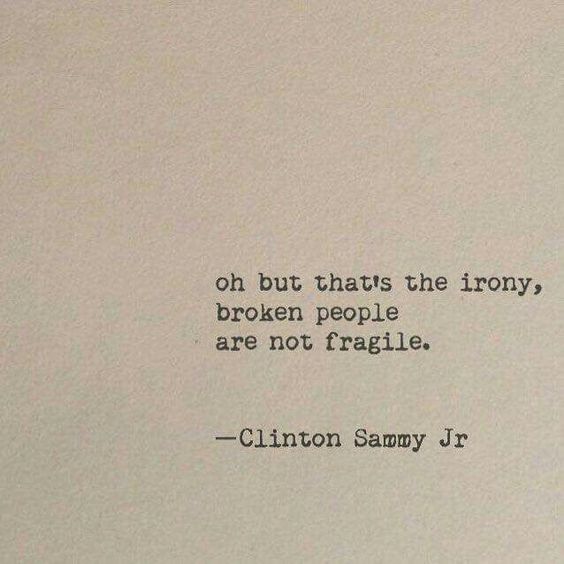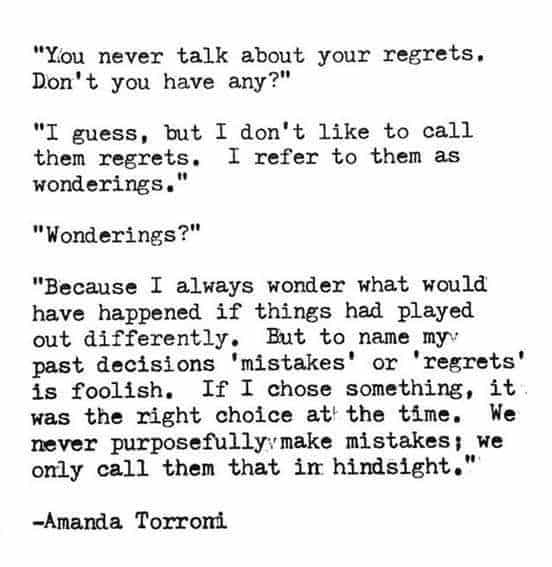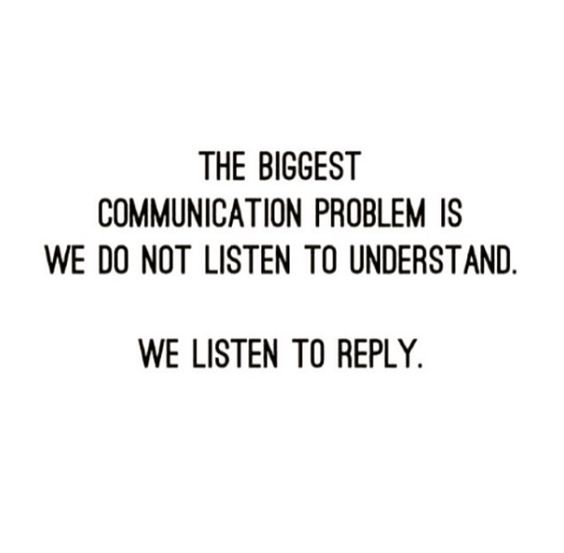“People often respond to the news of tragedy with ‘words fail,’ but words did not fail me that day, or the next, or thereafter—they poured out of me, first cautiously, then exuberantly, my mind awakening as if from a long slumber, thoughts tumbling out faster than my pen could keep up.”
Suleika Jaouad, Between Two Kingdoms (Page 106)
Archives
“Something happened that we wish had not. Which of these is easiest to change: our opinion or the event that is past? The answer is obvious. Accept what happened and change your wish that it had not happened. Stoicism calls this the ‘art of acquiescence’—to accept rather than fight every little thing.”
Ryan Holiday, The Daily Stoic (Page 326)
“The art of war teaches us to rely not on the likelihood of the enemy’s not coming, but on our own readiness to receive him; not on the chance of his not attacking, but rather on the fact that we have made our position unassailable.”
Sun Tzu, The Art of War
“So long as you’re struggling, quarreling, there can’t be despair. Despair is one of the supreme sins, because a despairing person ceases to struggle. That makes despair the ultimate defeat; it is death. It has a feeling of completeness to it, closely connected to smugness: the despairing person makes no attempt to move from the point he is at—no attempt to change himself or the world—and this completeness is a mark of dying. Dying is completion.”
Adin Steinsaltz, via Sunbeams (Page 142)
“Using another as a means of satisfaction and security is not love. Love is never security; love is a state in which there is no desire to be secure; it is a state of vulnerability.”
J. Krishnamurti, via Sunbeams (Page 142)
“Suffering can make you selfish, turn you cruel. It can make you feel like there is nothing but you and your anger, the crackle of exam table paper beneath bruised limbs, the way your heart pounds into your mouth when the doctor enters the room with the latest biopsy results.”
Suleika Jaouad, Between Two Kingdoms (Page 100)
“The logical mind tries to remind itself that sometimes you must suffer in order to feel better. But the body has its own memory: It remembers who hurt it. On an irrational level, I felt wronged by those whom I saw having ‘poisoned’ me (people in lab coats, phlebotomist, my mother) and by those who encouraged me to think positively about it (friends, Hallmark cards, the ‘cancer books’ section of Barnes & Noble). Finding the silver lining felt like part of the punishment.”
Suleika Jaouad, Between Two Kingdoms (Page 100)
“The land of the sick was no place for anyone to live 24/7; I would never have wished it upon my worst enemy. I knew that if I wanted our relationship to last, I would need to encourage Will to start living his life again.”
Suleika Jaouad, Between Two Kingdoms (Page 92)
“If real self-improvement is what we’re after, why do we leave our reading until those few minutes before we shut off the lights and go to bed? Why do we block off eight to ten hours in the middle of the day to be at the office or to go to meetings but block out no time for thinking about the big questions? The average person somehow manages to squeeze in twenty-eight hours of television per week—but ask them if they had time to study philosophy, and they will probably tell you they’re too busy.”
Ryan Holiday, The Daily Stoic (Page 323)
“Time was a waiting room—waiting for doctors, waiting for blood transfusions and test results, waiting for better days. I tried to focus on the preciousness of the present: the moments when I was well enough to walk around the oncology unit with my parents, the sound of Will’s voice as he read out loud to me each night before bed, the weekends when my brother came to visit from college—all of us together now, while it was still possible. But try as I might, I couldn’t help but feel an incipient grief and guilt as my thoughts turned, inevitably, to what would happen to Will and my family if I didn’t survive.”
Suleika Jaouad, Between Two Kingdoms (Page 91)
“Living with a life-threatening illness turned me into a second-class citizen in the land of time. My days were a slow emergency, my life dwindling to four white walls, a hospital bed, and fluorescent lights, my body punctured by tubes and wires tethering me to various monitors and my IV pole. The world outside my window seemed farther and farther away, my field of vision shrinking to a tiny pinpoint.”
Suleika Jaouad, Between Two Kingdoms (Page 91)
“Over time, I grew allergic to the looks of pity and the positivity pushers who tried to cheer me up with their get-well cards and their exhausting refrains of ‘stay strong’ and ‘keep fighting.’ I began to feel angry at people’s trivial complaints about a stressful day at the office or a broken toe that meant they couldn’t go to the gym for a couple of weeks, and it was hard not to feel left out when my friends told me about a concert or a party they’d been to together.”
Suleika Jaouad, Between Two Kingdoms (Page 76)
“It’s a funny thing, coming home. Everything smells the same, looks the same, feels the same, but you are different; the contrast between who you were when you left and who you are now is heightened against the backdrop of old haunts.”
Suleika Jaouad, Between Two Kingdoms (Page 42)
